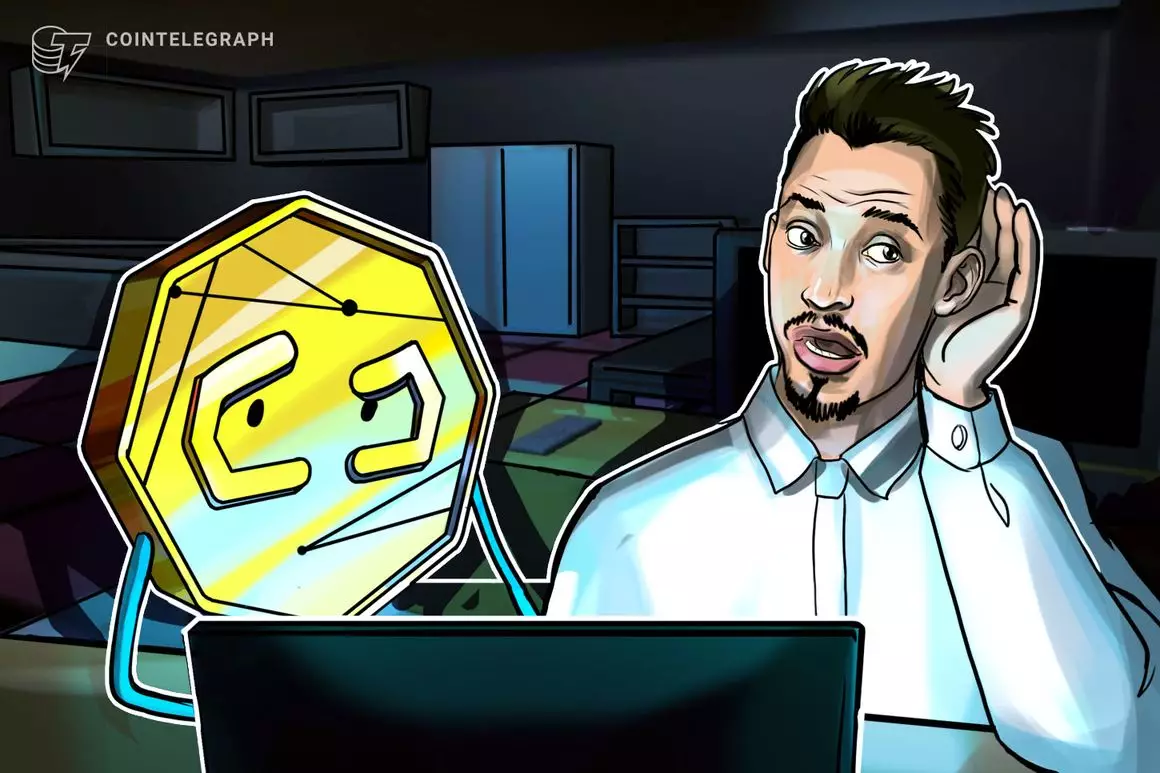Decentralized oracle network Chainlink has come under fire for a recent update to its multisig wallet requirements. The change, which saw the number of signatures required reduced from 4-of-9 to 4-of-8, has raised concerns among members of the crypto community, including vocal critic Chris Blec. The 4-of-8 multisig requirement is a security measure that ensures four out of eight signatures are needed to authorize a transaction. Blec highlighted the alteration on social media platform X (formerly known as Twitter), pointing out that a wallet address had been removed from the multisig wallet without any public announcement from Chainlink.
In response to the backlash, a spokesperson for Chainlink stated that the update was part of a standard signer rotation process. They explained that the multisignature Gnosis Safes used to ensure the reliable operation of Chainlink services required periodic updates to the signers. Despite the change in signers, the Safes maintained their regular threshold configuration, ensuring security and consistency. However, critics like Blec have been skeptical of Chainlink’s explanation, expressing concerns about the centralization risk associated with the network.
Blec has been a vocal critic of Chainlink for some time, warning that the entire DeFi ecosystem could be compromised if Chainlink’s signers were to “go rogue.” He believes that the centralization risk posed by Chainlink extends to other major DeFi projects like Aave and MakerDAO, which rely on Chainlink’s oracles for price data. The security and reliability of these projects could be significantly impacted if Chainlink were to face any issues with its signers. Blec’s criticism highlights the potential vulnerabilities within the decentralized finance space.
Chainlink is a decentralized oracle network that enables Ethereum-based smart contracts to securely communicate with real-world data and services outside the blockchain ecosystem. The platform plays a crucial role in the DeFi sector by providing accurate and reliable price data through its oracles. Despite the recent controversy, Chainlink’s native LINK (LINK) token has been performing well in the market. Over the last month, it has gained nearly 20% in value, positioning itself as one of the best-performing cryptocurrencies.
While Chainlink has downplayed the significance of the recent changes to its multisig wallet requirements, the controversy surrounding the alteration highlights the need for transparency and communication within the cryptocurrency industry. The concerns raised by critics like Blec shed light on the potential risks associated with centralization in decentralized systems. As the DeFi space continues to evolve, it is essential for projects like Chainlink to address these concerns and ensure the security and decentralization of their networks. Only through transparency and collaboration will the industry be able to build a sustainable and resilient ecosystem for the future.

